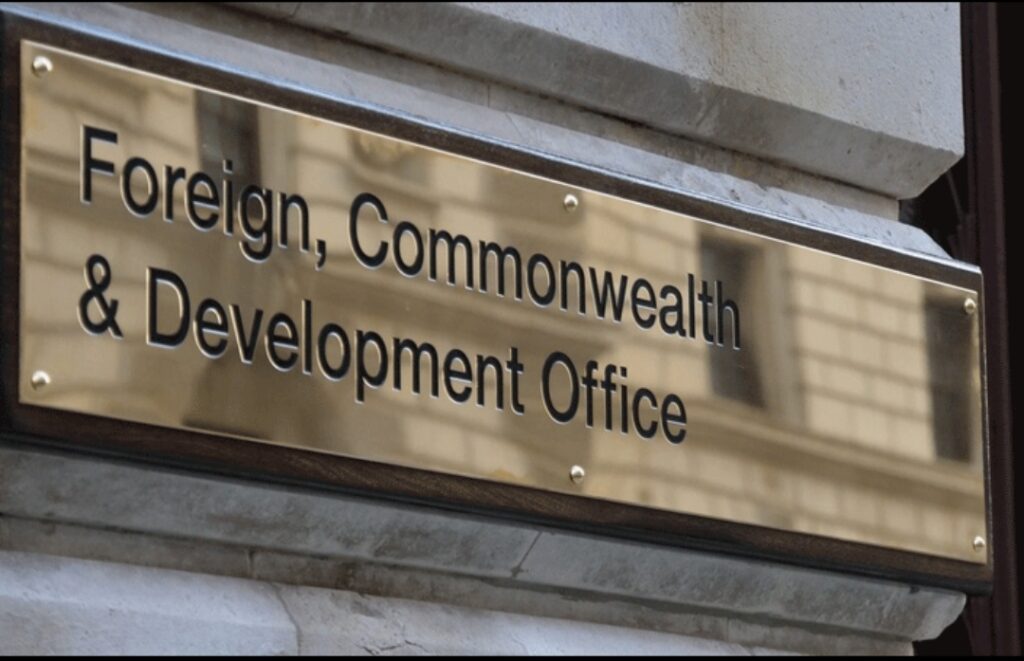
Olayomi Koiki
Britain’s Foreign, Commonwealth and Development Office (FCDO) issued a travel advisory on Friday, warning citizens against travelling to several parts of Nigeria, including the border with Niger Republic, amid planned nationwide protests.
The FCDO is responsible for advising British nationals about the risks of travelling to different countries, helping them make informed travel decisions.In the advisory published on the UK government’s website, the FCDO based its alert on the upcoming #EndBadGovt nationwide protest set to begin in Nigeria on August 1, 2024, which is already gaining momentum.
The FCDO’s latest update read, “New information as of July 26 indicates that widespread public demonstrations are a possibility across Nigeria,” and advised British citizens to research their destinations thoroughly before travelling.
The FCDO identified some states in five of Nigeria’s six regions where the nationwide protests may pose risks. It advised citizens to avoid these states and warned that “your travel insurance could be invalidated if you travel against FCDO advice.”
It warned against all but essential travel to “Abia state, non-riverine areas of Delta, Bayelsa, and Rivers and Akwa Ibom states, Anambra state, Imo state.”
The FCDO also warned about travelling to the Nigeria-Niger Republic land border, which “has been closed by Nigerian authorities in response to the political situation in Niger.”
Citizens planning to travel by land across the Nigeria-Niger border are advised to check with local authorities of both countries for the latest information before travelling.
Nigeria is facing its worst economic crisis in decades, with skyrocketing inflation, a national currency in free-fall and millions of people struggling to buy food. Only two years ago Africa’s biggest economy, Nigeria is projected to drop to fourth place this year.
The pain is widespread. Unions strike to protest salaries of around $20 a month. People die in stampedes, desperate for free sacks of rice. Hospitals are overrun with women wracked by spasms from calcium deficiencies.
The crisis is largely believed to be rooted in two major changes implemented by a president elected 14 months ago: the partial removal of fuel subsidies and the floating of the currency, which together have caused major price rises.
A nation of entrepreneurs, Nigeria’s more than 200 million citizens are skilled at managing in tough circumstances, without the services states usually provide. They generate their own electricity and source their own water. They take up arms and defend their communities when the armed forces cannot. They negotiate with armed kidnappers when family members are abducted.
But right now, their resourcefulness is being stretched to the limit.Some folks are planning protests to voice their concerns about the economic situation, including rising inflation and poverty, under President Tinubu’s administration.
The protests are expected to happen in the north and other parts of the country, but residents and leaders of the south-eastern region, inhabited by the Igbo ethnic group – have made it clear that they are not going to be part of the mass action.
KOIKI Media bringing the world 🌎 closer to your door step
